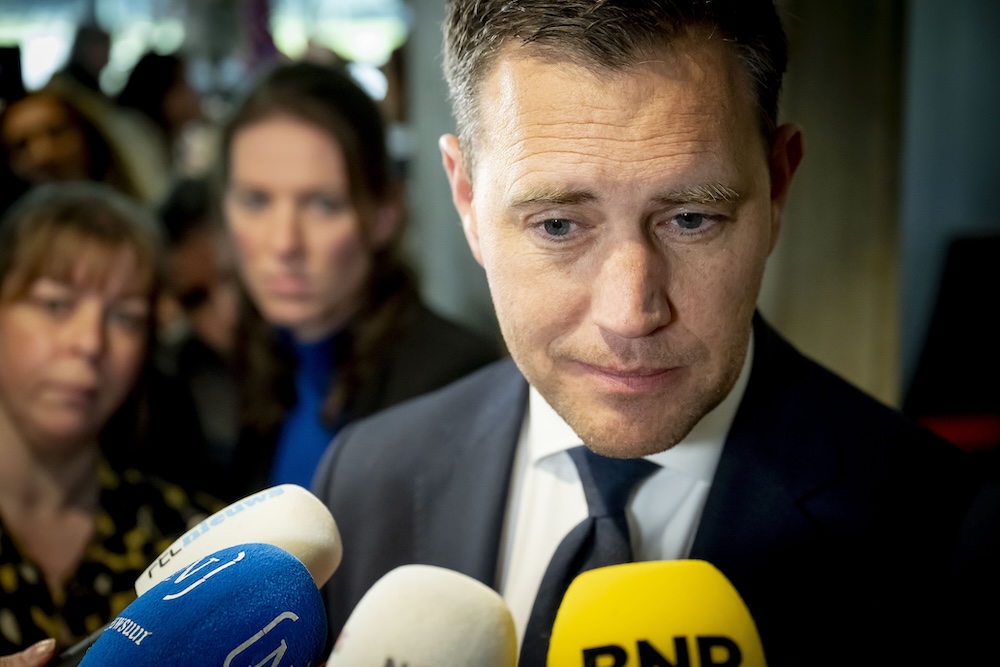New spending plans for spring but no word yet on cutbacks

The four coalition parties have reached agreement on the traditional spring financial statement after days of talks, culminating in a marathon 25-hour session.
Finance minister Eelco Heinen told reporters that the budget rules on not adding to the national debt had been kept to in the final package. However, while the parties have been quick to talk about their wins, he said, the plans also include cost cuts.
More details about spending cuts will made public once the package has been approved in the cabinet on Thursday, he said.
The main points of the agreement:
The tax on energy will be cut by €200 million, but it is unclear what impact this will have on household bills.
Rents for social housing will be frozen at current levels for two years and housing benefit will be increased by a total of €1.1 billion. This means the planned 5% rent rise for this year will not go ahead.
A €250 million cut in spending on childcare will not go ahead.
€200 million will go towards reforming the invalidity benefit system – well down on the €1 billion to €2 billion officials say is needed.
Income tax will be lowered by less than originally planned to cover the decision not to raise value added tax on books and the cultural sector.
The defence ministry’s budget will be increased by €1.1 billion but this is not enough to reach the new Nato target of at least 3% of GDP.
€1.9 billion will be allocated to build the Nedersaksen railway link between Enschede and Groningen.
An additional €600 million will be made available to support farmers in 2025 and 2026.
More money will be allocated for legal aid lawyers.
More funding will go to local authorities, which still face major cuts in spending from next year.
Plans to increase the tax on alcohol have been scrapped.
€855 million will be allocated for extra road and sluice works.
The parties have also agreed to postpone decisions on increased funding to tackle nitrogen-based pollution, climate change, and refugee accommodation until August, when the annual budget negotiations take place.
No additional money has been allocated to address the shortage of prison space yet either.
This year’s talks had become bogged down in determining how much financial leeway there is for new policy. Under cabinet rules, all windfalls for the treasury are supposed to go towards reducing the national debt, and the VVD in particular wanted to stick to that pledge.
The package now needs to be assessed by the Council of State and the macro-economic planning bureau CPB before being submitted to Brussels as part of the EU’s fiscal review process.
Thank you for donating to DutchNews.nl.
We could not provide the Dutch News service, and keep it free of charge, without the generous support of our readers. Your donations allow us to report on issues you tell us matter, and provide you with a summary of the most important Dutch news each day.
Make a donation